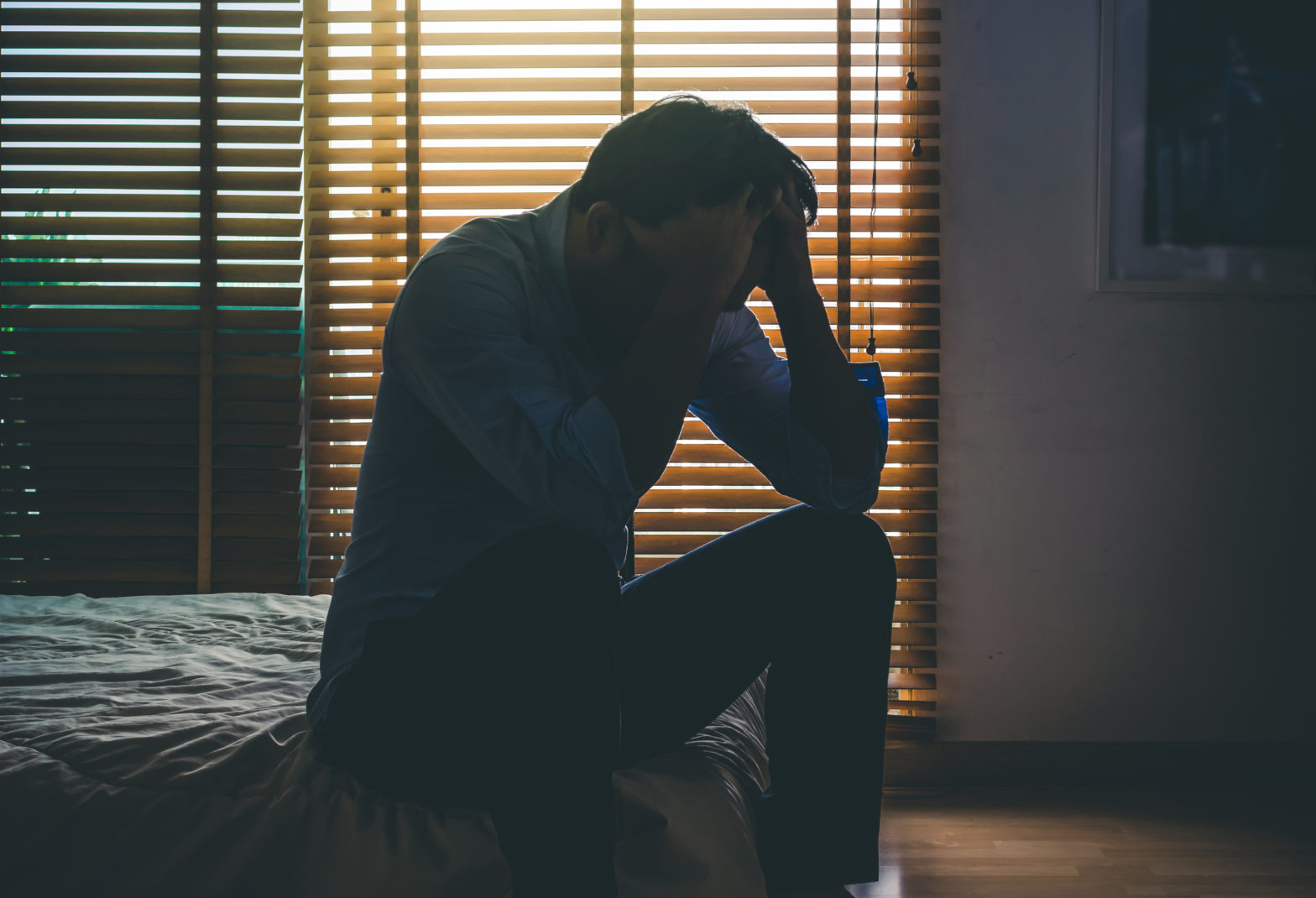Sundowning: What is it and how can you help?
Posted by Improving Lives Counseling Services, Inc. | Mental Health

As evening approaches and skies begin to darken, the sun peacefully sinks in an array of beautiful colors unaware of the negative effect its fading can have on 6.7 million Americans. Sundowning, a symptom of Alzheimer’s and dementia, is not a disease but a dementia-related behavior. “Although the exact cause is unknown, sundowning may occur due to disease progression and changes in the brain.” Improving Lives Counseling Services treats symptoms related to Alzheimer’s, dementia, abnormal brain changes, and cognitive functioning.
SYMPTOMS OF SUNDOWNING
Sundowning is the term used when cognition or behavior declines in the afternoon or evening in dementia patients. It can occur in dementia patients, inpatients diagnosed with a mental illness, in homebound patients, bedridden patients, and in elderly patients without dementia. It can cause aggression, confusion, anxiety, agitation, irritability, hallucinations, difficulty sleeping, and pacing. Cases of depreciation, disorientation, insomnia, and sleepwalking have been reported.
Sundowning can worsen when the patient is jet lagged, sleep-deprived, or experiencing disruption in sleep-wake cycles. Vacationing or traveling to places with flagrant changes in number of hours of daylight or darkness can trigger sundowning. Symptoms (confusion) can worsen throughout the evening, into the night.
SUNDOWNING AND THE BRAIN
“Sundown syndrome is a neurological phenomenon in people with delirium or some form of dementia.” These patients depend on sunlight to make sense of their environment and regulate sleep wake cycles. When the circadian rhythm, the 24-hour biological clock that regulates cycles of alertness and sleepiness is no longer receiving sunlight, the brain changes. Because the front part of the brain provides the pause between stimulus and response, when it or its connections are damaged, a person can react without thinking. Behaviors, emotions, moods, and decision making changes.
REDUCING SUNDOWNING
“Sundown syndrome refers to a state of acute mental confusion and behavioral change that takes place at the end of the day and into the night. It is equivalent to a delirium that is precipitated by diminished illumination and can also be confused with depression or dementia.” There is no cure for sundowning, however, researchers found limiting caffeine, colas and soft drinks, keeping naps short and not too late in the day, reducing the number of daytime activities, and avoiding alcohol, stimulating activities and TV viewing can reduce or manage the symptoms of sundowning. Studies show bright indoor lights and nightlights can reduce pacing, restlessness, and agitation.
SUMMARY
As the sun goes down and darkness fills the sky, our brains change. For Alzheimer’s and dementia patients, it’s another symptom of their brain altering disease, a symptom many are not even aware of. The professional, licensed therapists and counselors of Improving Lives Counseling Services treat the symptoms of Alzheimer’s and dementia in patients of all ages, with treatment plans meeting the specific needs of each patient. Sundown Syndrome can be controlled. Call us to learn more. 918-960-7852.
